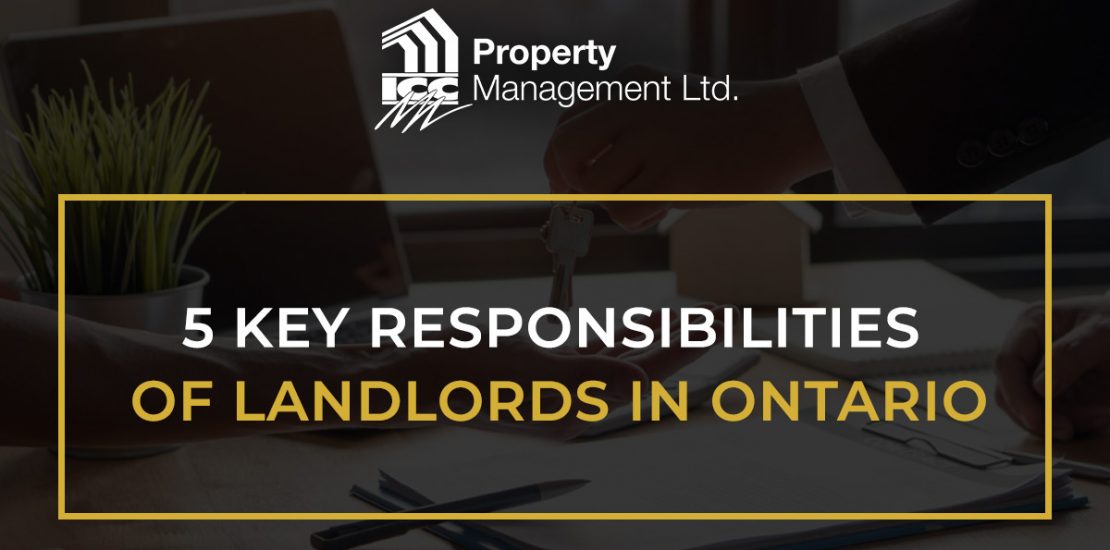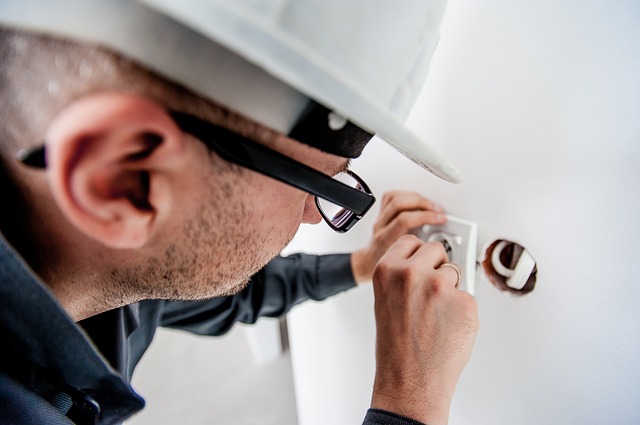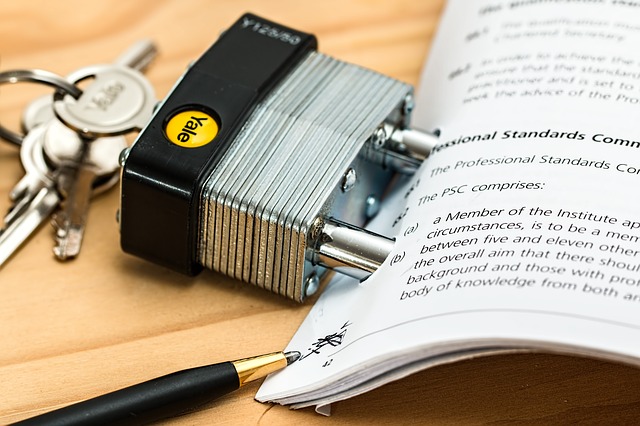5 Key Responsibilities of Landlords in Ontario
- January 22, 2019
- Posted by: @dmin
- Category: Uncategorized

The primary responsibility of landlords in Ontario is to provide a ‘habitible environment’ to their tenants. In simpler terms: a space that’s fit for people to live in.
As you might imagine, this means ensuring that the rental unit is free of hazards, health risks, and defects. The specifics are laid out in Ontario’s Residential Tenancies Act (RTA).
Landlord Responsibilities in Ontario
There’s a lot to read and figure out in the RTA, so we’ve saved you some time with a quick and simple rundown of what you as a landlord owe to your tenants in Ontario.
1. Repairs

Likewise, if the rental unit suffers from water or other kinds of damage, you are entirely responsible for repairing it within a reasonable period of time.
Not doing so will not only encourage tenants to leave or complain to The Landlord and Tenant Board (LTB), but it will also put you at risk of compliance issues and, potentially, cause your building’s occupancy rate to fall.
If there are significant repairs to be done, then you do have the option of increasing your rent by up to 1.8%. However, you can only increase the rent once every 12 months. You must also provide written notice of a rent increase 90 days ahead of time.
2. Maintenance
You are also responsible for maintaining the rental complex.
This could involve cleaning the common areas — such as the lobby, hallway, and parking garage — and ensuring that utilities (water and electricity) are available to your tenants.
Anything impacting those utilities, such as the plumbing or heating, ventilation, and air conditioning (HVAC) system, must be kept in acceptable shape.
In addition, you must ensure that your complex is free of pests, such as cockroaches and mice. Besides preventative measures (e.g., regular cleaning, disposing of trash, etc), you must also provide pest control services in case of infestation.
Municipalities will also have specific maintenance requirements, so you should become aware of those as well in addition to your RTA obligations.
It’s also worth noting that you can offload some tasks to your tenants, such as mowing the front lawn or replacing light bulbs and other small fixtures.
More Important Information for Landlords in Ontario:
- Marijuana Legalization: How It Affects Condominiums in Ontario
- 5 Key Housing Trends to Watch Out for in 2019
- Property Damage From Guests, Who Foots The Bill?
3. Essential Services
As noted earlier, you are responsible for ensuring that your tenants have access to vital services such as hot and cold water, heating, cooling, and electricity.
Under no circumstances are you not allowed to withhold to these services, even if the rent is overdue. In this case, the tenant has the right to sue you.
In terms of heating, you are required to maintain a minimum temperature of 20°C from September 1 to June 15. Some municipalities also require you to keep temperatures in your complexes below 26°C between June and September.
4. 24 Hour Written Notice Before Entering Rental Units
In order to maintain your condominium complex, you will occasionally need access to your rental units. If you require access, you must provide your tenants with a 24-hour notice in writing.
You will also need to give a valid reason for entering, such as:
- To assess a damaged area for upcoming repairs
- To repair and/or renovate a damaged area
- To allow a potential tenant or home purchaser to see the unit
You must provide the tenant with a written reason as to why you need access to the unit and what you intend to do while present. For example, if you need to take photos in the unit, then you must communicate that information to the tenant.
Legally, you may only enter (with permission) between 8 a.m and 8 p.m.
Is Your Time Better Spent Away From
Dealing With Tenant Issues?
5. Legal Compliance

These requirements cut across health, safety, maintenance, privacy, and other areas, so it’s imperative that you are fully aware of these issues. Failing to follow these standards and/or violating them could result in costly penalties and legal trouble.
There are many factors in play and it’s easy to miss one, if not several, of them. Sadly, even one miss could be one too many in certain situations.
However, property owners could look at working with a professional property manager to manage their complexes. Doing so would ensure that your complex is being managed in an efficient and fully compliant manner.
Conclusion
At ICC Property Management, we provide property owners in the GTA with the complete building administration and management support they need to increase the value of their rental properties. Speak to our award-winning team today for a FREE proposal.
